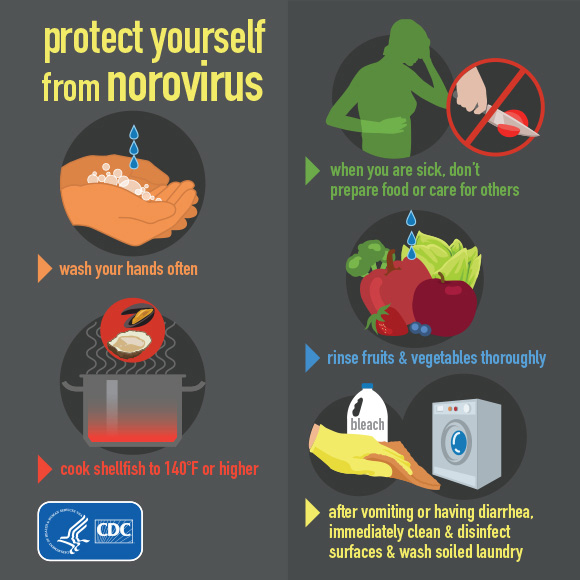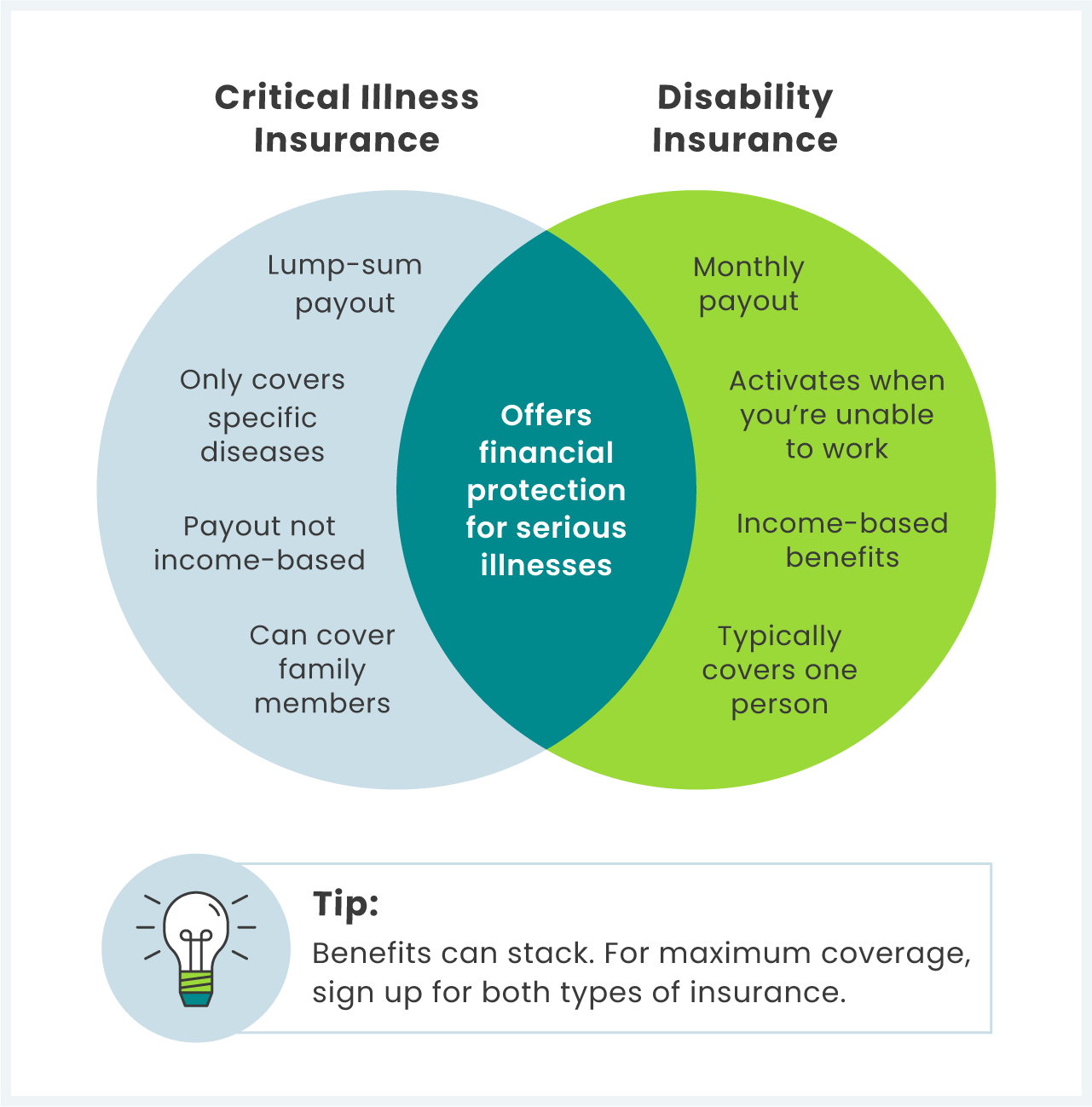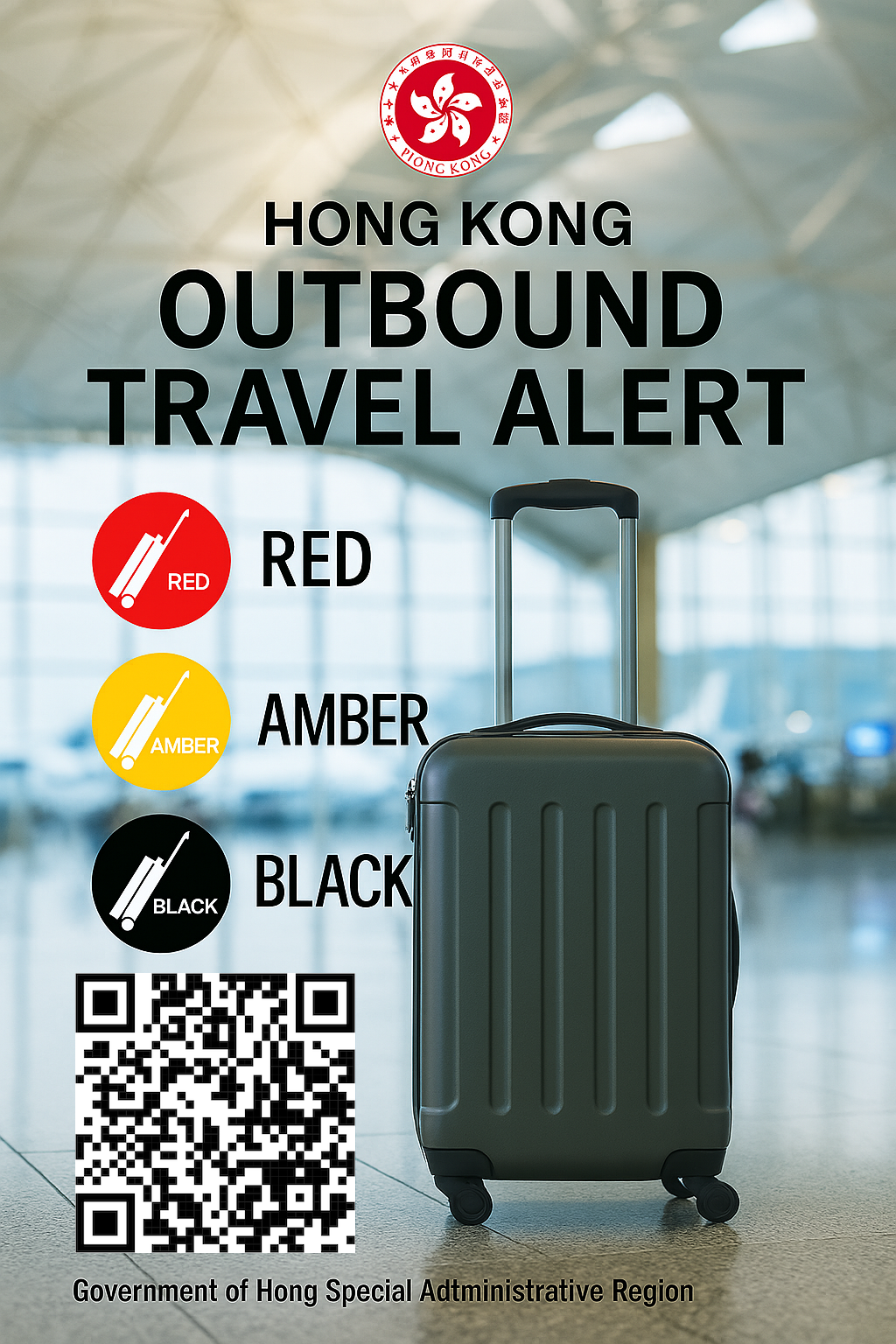This post is also available in:
简体中文 (Chinese (Simplified))
繁體中文 (Chinese (Traditional))

Understanding the Transmission of Norovirus
Norovirus spreads easily through direct contact with an infected person, contaminated food or water, or surfaces touched by someone with the virus. It can also spread through aerosolized droplets from vomit, making it highly contagious in close-contact settings like schools, elderly homes, and cruise ships. In Hong Kong, recent outbreaks in these environments highlight the virus’s rapid spread. For example, a 2022 outbreak in a local elderly home affected over 30 residents and staff within days.
Asymptomatic carriers, who show no symptoms but carry the virus, play a significant role in transmission. They can unknowingly spread norovirus to others, especially in food handling or caregiving roles. Recognizing and isolating these carriers is critical to controlling outbreaks. Public awareness about transmission methods, such as avoiding contaminated food and practicing good hygiene, is essential to reduce the risk of infection.
Prevention Strategies for Norovirus Infection
Hand hygiene is the most effective way to prevent norovirus. Wash hands with liquid soap and water for at least 20 seconds, especially after using the toilet, changing diapers, or before handling food. Alcohol-based handrubs are less effective against norovirus and should only be used when hand washing is not possible.
Infected individuals and asymptomatic carriers should avoid handling food or caring for vulnerable groups like children and the elderly. Following the 5 Keys to Food Safety—Choose Safe Ingredients, Keep Clean, Separate Raw and Cooked, Cook Thoroughly, and Keep Food at Safe Temperatures—can significantly reduce the risk of foodborne norovirus. Schools and workplaces should promote regular hand washing and hygiene practices to minimize outbreaks.
Control Measures for Norovirus Outbreaks
When vomiting or diarrhea occurs in areas with open food, discard all food immediately. Clean contaminated surfaces with a 1:49 diluted household bleach solution (1 part bleach to 49 parts water). Apply the solution liberally to the affected area and nearby surfaces, especially frequently touched spots like door knobs and handrails. Leave the bleach on for 15–30 minutes before rinsing with water and drying the area.
Soak soiled linens and clothing in the same bleach solution for 30 minutes before washing thoroughly. After cleaning, disinfect all tools by soaking them in the bleach solution for 30 minutes, then rinse and air-dry. These steps are crucial in settings like schools and hospitals to prevent further contamination.
Supportive Treatment and Management of Norovirus Infection
Norovirus symptoms, including nausea, vomiting, and diarrhea, usually resolve within 1–3 days. Staying hydrated is essential to prevent dehydration, especially in children and the elderly. Drink water, oral rehydration solutions, or clear broths to replace lost fluids.
Infected individuals should stay home from work or school until symptoms have completely resolved for at least 48 hours. Seek medical advice if symptoms persist or worsen, such as severe vomiting, high fever, or signs of dehydration like dizziness or reduced urination. Rest and proper hydration are key to recovery.
Public Health Initiatives and Education in Hong Kong
Hong Kong’s public health initiatives focus on educating the public about norovirus prevention. Campaigns like the “Clean Hands, Safe Food” program emphasize hand hygiene and food safety. Schools and healthcare facilities collaborate to implement outbreak control measures, such as isolating infected individuals and disinfecting contaminated areas.
Media campaigns and community outreach programs have successfully raised awareness about norovirus. For example, a 2021 campaign reduced norovirus cases in local schools by 20%. Continuous monitoring and evaluation of these initiatives ensure their effectiveness in preventing future outbreaks.
By understanding transmission methods, practicing prevention strategies, and following control measures, individuals and communities can reduce the impact of norovirus in Hong Kong. Public health education and collaboration remain essential to protect vulnerable populations and maintain overall health.



